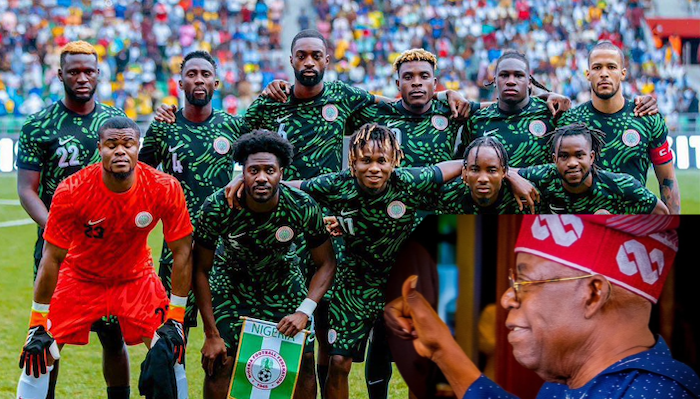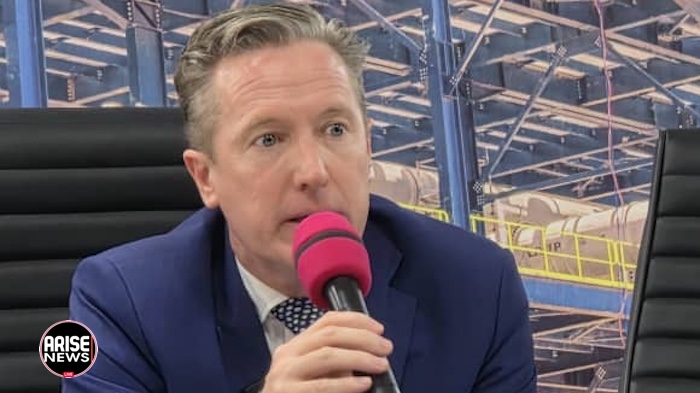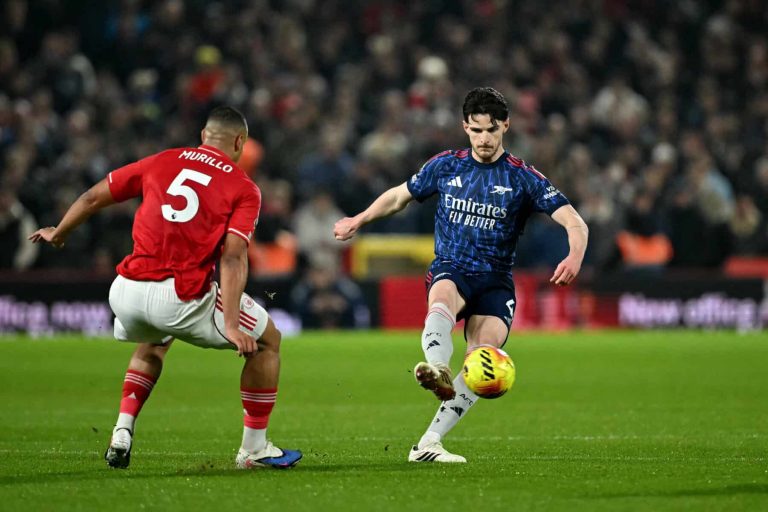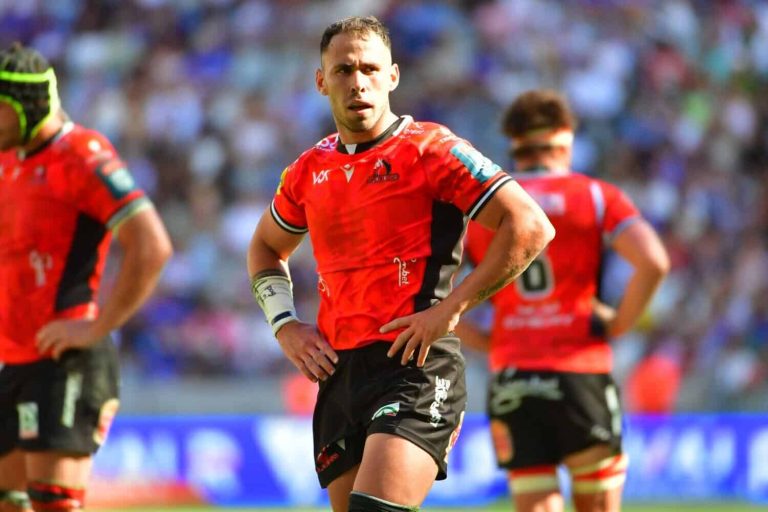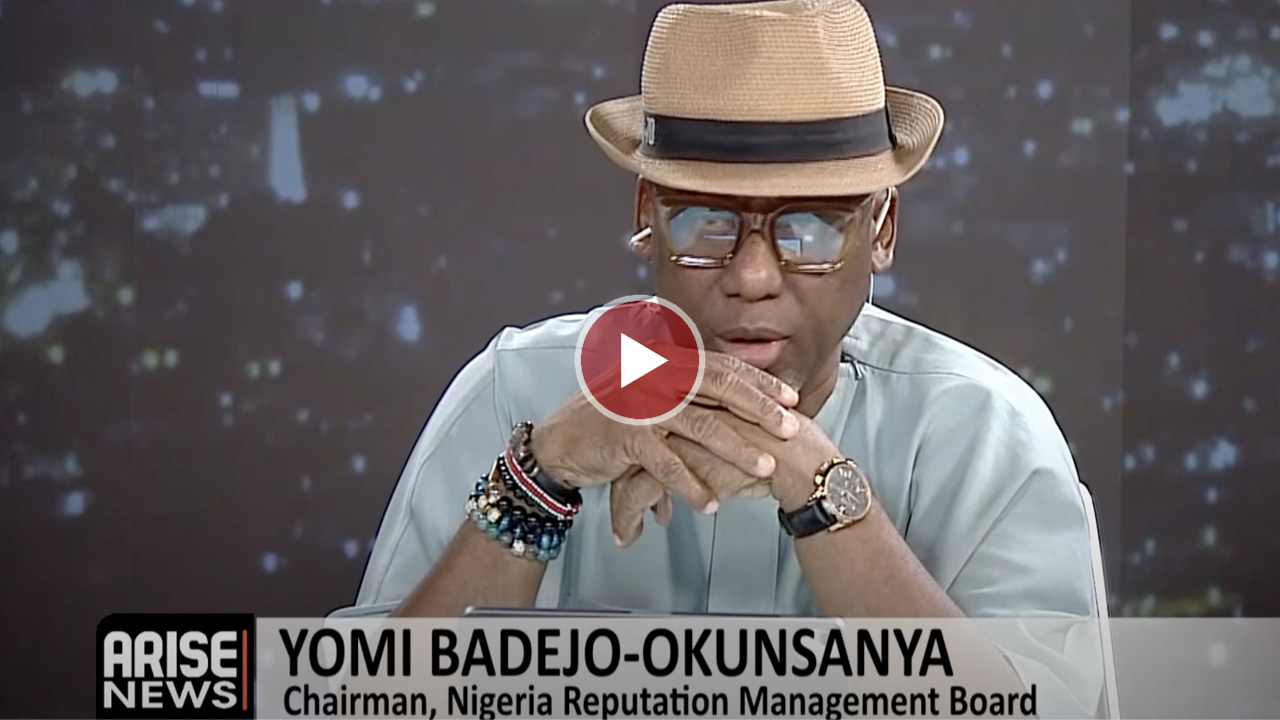

Chairman of the Nigeria Reputation Management Board, Yomi Badejo-Okusanya, says restoring the nation’s global image must begin with citizens embracing integrity, transparency, and personal responsibility rather than relying on slogans or government propaganda.
Speaking in an interview with ARISE News on Thursday during the commemoration of Nigeria’s inaugural Reputation Day, Badejo-Okusanya stressed that “social change comes from the heart, not through jingles or commercials.”
According to him, “The biggest challenge we have is that Nigerians actually love their country. When positive things happen — when the Super Eagles qualify or the D’Tigress win — you see how proud and happy Nigerians are. The problem is not with the country, but with leaders at various levels. Unfortunately, when people criticise their leaders, they often hit at the country instead, which makes us appear negative about ourselves.”
He explained that reputation is built through consistent values and not cosmetic image campaigns.
“When you talk about reputation, it is a consistent set of values. From values, you build character, and from character, you build reputation,” he said. “It’s not about putting nice slogans on the radio or TV. It’s about consistency — who people say you are, not what you say you are. Warren Buffett said it takes years to build a reputation but only a minute to destroy it. That’s why we must nurture it carefully.”
Badejo-Okusanya outlined five key pillars guiding the group’s work — consistency, transparency, responsibility, respect, and excellence — as the foundation for rebuilding national character. He added that Nigeria’s “soft power” in music, movies, media, minds, and fashion must be strategically harnessed to reshape global perception.
He said, “Our music is celebrated across the world; our films project our culture and humour; our media shapes opinion; our thinkers and innovators are making a mark globally; and our fashion defines our identity. These are our strengths — the soft powers we can use to rewrite Nigeria’s story.”
Addressing criticism that the board’s work could be mistaken for propaganda, the chairman clarified that the group’s mission is community-driven rather than top-down.
“The difference with the Nigeria Reputation Management Group is that our initiative is bottom-up. We’re not flooding the airwaves with adverts. We’re appealing to the heart,” he said. “Social change must come from within. Nigerians must take charge of writing their own story, both for internal and external audiences. If we leave our story to be written by others, we’ll keep seeing the same negative narrative.”
He urged Nigerians to join in reshaping the country’s image, saying, “CNN, BBC, or Voice of America won’t do it for us. We have to do it ourselves. It’s a national assignment, and we appreciate media organisations like ARISE News for partnering with us to drive this social change.”
Badejo-Okusanya concluded that building a better Nigeria requires sustained effort, values-based leadership, and collective ownership of the country’s image, adding that “reputation is not managed — it is earned through integrity and consistency.”
Boluwatife Enome
